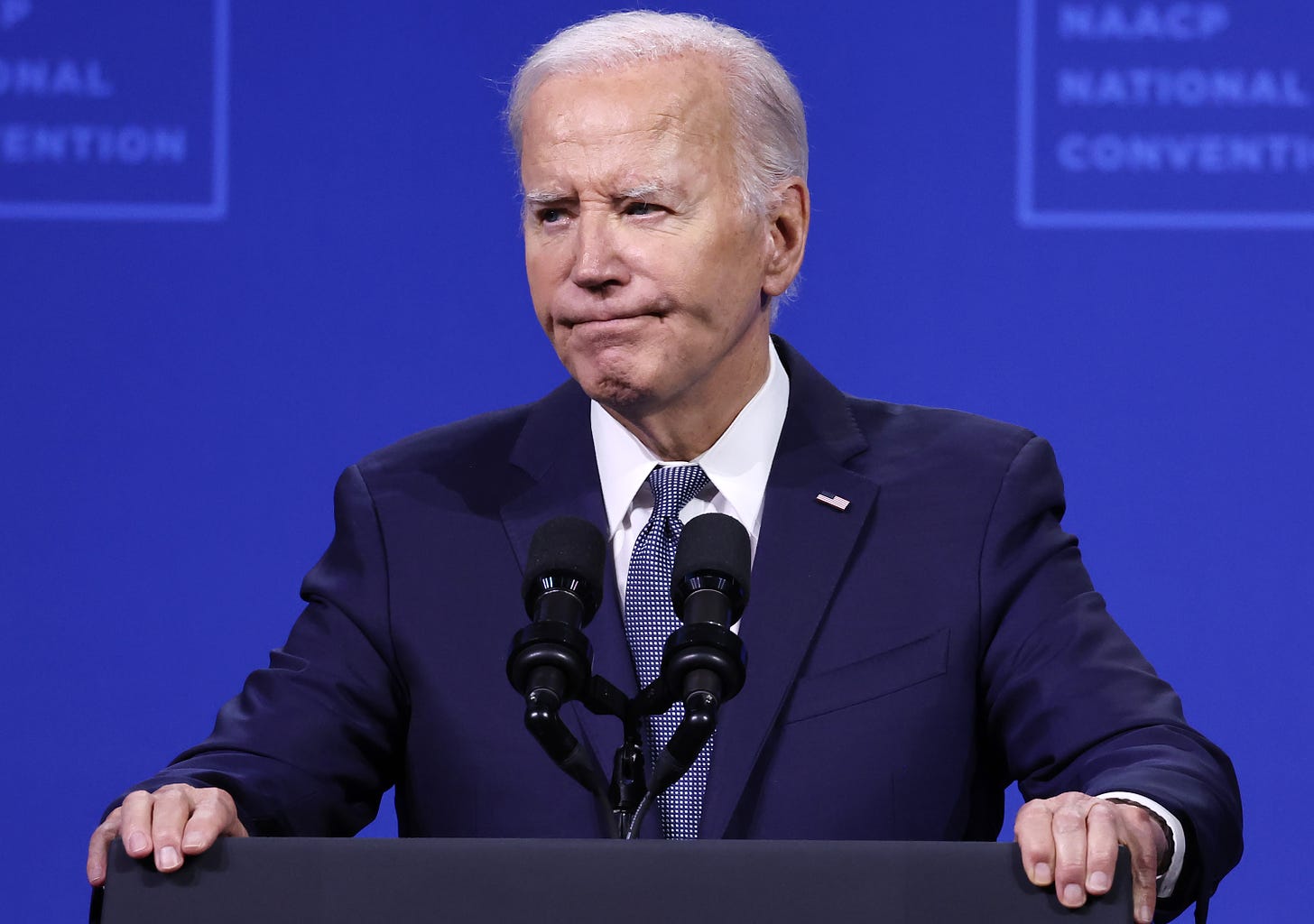
In late 1967, as the Vietnam War was raging and President Lyndon B. Johnson was becoming increasingly unpopular, I was recruited to handle the press and write speeches for Senator Eugene McCarthy of Minnesota, the only Democrat gutsy enough to run against the Democratic president.
Months later, working round the clock in a cluttered suite in a New Hampshire motel, I was curious about a courier from New York City who flew up most nights on the last Eastern Airlines flight. The courier would dash to the suite with a canvas bag attached to his wrist and turn it over to one of the campaign’s richest and most enthusiastic benefactors. The guy was a multi-millionaire who ran a major stock market fund but was happy to sit in the suite I was then sharing with Richard Goodwin, a real political pro—unlike me and the college brats on the campaign—and just watch and do the various errands that needed doing.
One night I asked the millionaire what was in the bag. He threw it to me, with a key. I unlocked it and found myself staring at dozens of shiny packages of 100 dollar bills. I had no idea then or now whether the funds were properly reported and did not ask. So that’s how it works, I thought, and I tossed the bag back. I knew then I was not long for the world of presidential politics.
It’s not surprising that the long overdue unraveling of President Joe Biden’s re-election campaign happened when it became impossible to keep his increasing impairment covered up. It was the big-time money backers of the Democratic Party who called off the game of see no evil, hear no evil, after Biden’s shocking performance in his June debate with Donald Trump. They balked at continuing to give millions of dollars to the party now that there was evidence that the president is not always there.
Keep reading with a 7-day free trial
Subscribe to Seymour Hersh to keep reading this post and get 7 days of free access to the full post archives.



